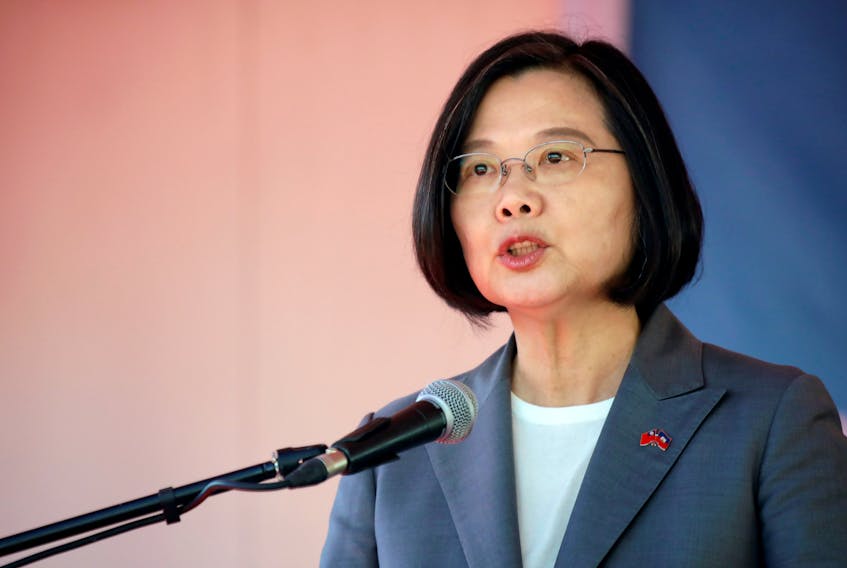As the People’s Republic of China celebrated its 70th anniversary Oct. 1, the communist giant continued to increase its pressure on Taiwan.
It considers the island to be part of the country and is determined to isolate it diplomatically and eventually reunite it with the mainland.
In recent weeks, it pressured two small Pacific Island states to switch their diplomatic recognition from Taipei to Beijing.
Since Taiwanese President Tsai Ing-wen of the Democratic Progressive Party took office in 2016, seven countries – El Salvador, Panama, Sao Tome and Principe, the Dominican Republic, and Burkina Faso – have already switched their allegiance to Beijing.
Tsai opposes closer political integration with China, ahead of a Jan. 11 presidential election on the democratically ruled island.
The Solomon Islands changed its diplomatic recognition from Taiwan to China on Sept. 16.
Taiwan’s Foreign Ministry confirmed the Solomon Islands cabinet approved a resolution recognizing Beijing as the government of China.
China’s foreign ministry said in a statement it “highly commends” the decision to sever diplomatic ties with Taiwan.
“We welcome this decision by the Solomon Islands and support the country to move forward in the development path it has chosen for itself,” Chinese Foreign Minister Wang Yi said.
The Solomon Islands had conducted a weeks-long review of its policy towards China, which was offering $8.5 million in development funds to replace Taiwan.
Taiwan’s Foreign Minister Joseph Wu accused China of engaging in “dollar diplomacy” to obtain recognition.
Four days later, the Pacific nation of Kiribati also broke relations with Taiwan and recognized the Beijing regime.
“We support this important decision by Kiribati as a sovereign and independent nation,” Chinese Foreign Ministry spokesman Geng Shuang told reporters.
“There is only one China in the world, and the People’s Republic of China government is the sole legal government representing the whole of China.”
Taiwan’s Foreign Ministry stated that it “deeply regrets and strongly condemns the Kiribati government’s decision, which disregards the multifaceted assistance and sincere friendship extended by Taiwan to Kiribati over the years.”
The statement said that Beijing had lured Kiribati into switching diplomatic recognition by promising full funding, rather than loans, for airplanes and commercial ferries.
Beijing’s drive to cut off Taiwan’s diplomatic partners has fuelled worries in Washington and among U.S. allies such as Australia. The Solomon Islands and Kiribati are both located in waters that have been dominated by them since World War Two.
Kiribati occupies a strategic location roughly halfway between the United States and Australia. The latter, along with Taiwan, has been a leading donor to Pacific nations, but Beijing is increasingly challenging that position.
The decisions by the two island countries were a major win for China as it seeks to turn a dwindling number of countries that recognize Taiwan into acknowledging the People’s Republic.
The losses leave Taiwan recognized by only 15 countries, mostly small nations in the Pacific and Latin America. If Taiwan eventually loses all diplomatic allies, it could weaken its claim to be a sovereign nation.
Still, domestic support for Taiwanese president Tsai has improved against a backdrop of rising anti-China sentiment in Taiwan amid continued anti-government protests in Hong Kong.
Chinese President Xi Jinping proposed early this year to start exploring a Taiwanese version of the governance formula under which Beijing guaranteed Hong Kong a high degree of autonomy when it was returned to China in 1997. Tsai has categorically rejected his overture.
Henry Srebrnik is a professor of political science at the University of Prince Edward Island.









